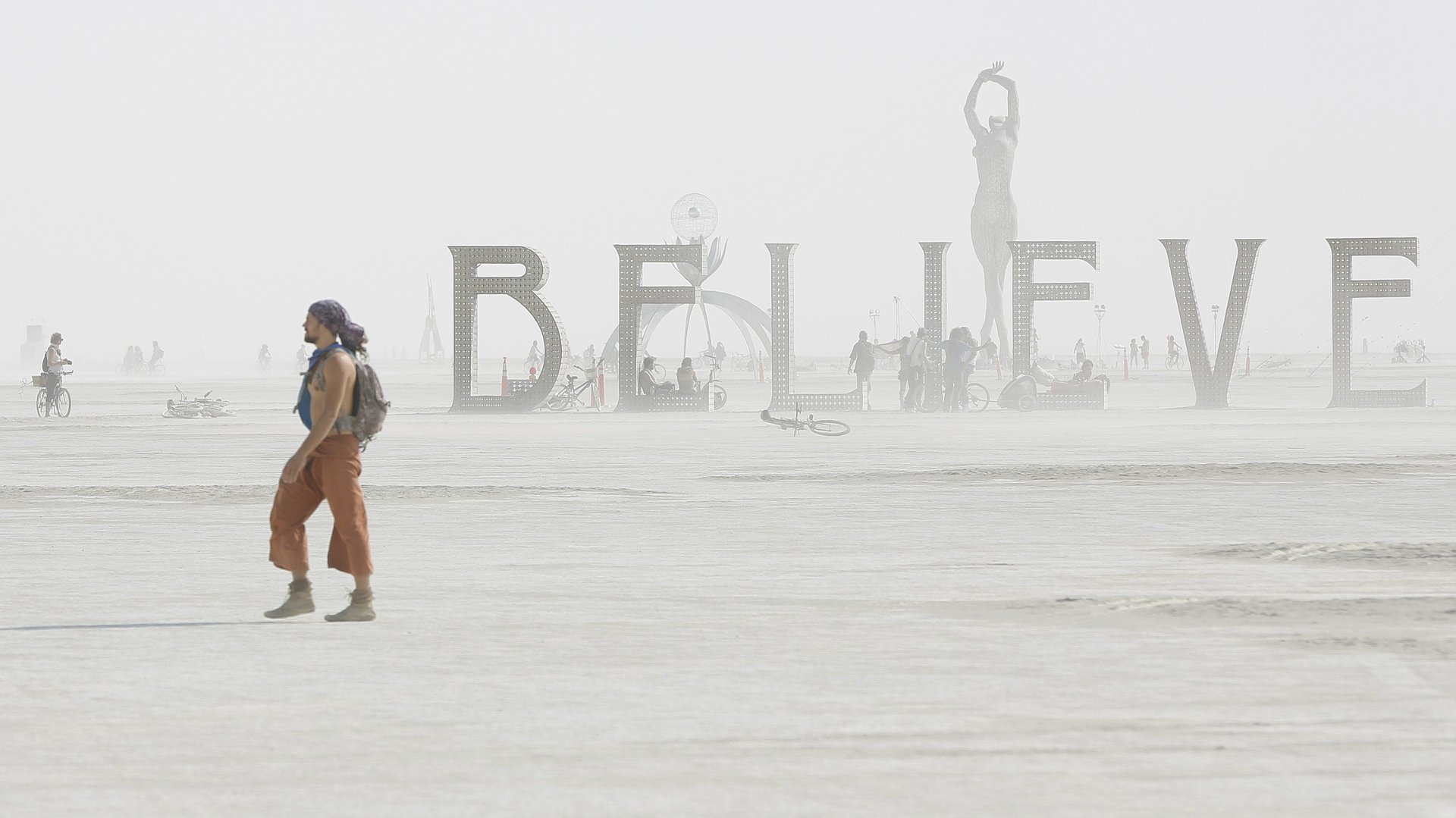Psychologists have found that a spiritual outlook makes humans more resilient to trauma
The notion of “spirituality” might sound too flimsy for serious scientific research. But that very attitude has led psychologists to ignore the subject for far too long—and at a cost to those who have suffered trauma.


The notion of “spirituality” might sound too flimsy for serious scientific research. But that very attitude has led psychologists to ignore the subject for far too long—and at a cost to those who have suffered trauma.
A growing body of evidence suggests that a spiritual outlook can be a major asset in coping with trauma. Psychologists have found that both spirituality and religion provide some of the key elements—a strong social support group, the opportunity to infer meaning, and a focus on empathy—that are invaluable in recovering from traumatic events.
Donald Meichenbaum, co-founder of the cognitive behavior therapy school of psychotherapy and professor emeritus at the University of Waterloo, defines spirituality as “an attempt to seek meaning, purpose and a direction of life in relation to a higher power, universal spirit or God. Spirituality reflects a search for the sacred.” He tells Quartz that an ability to help others is itself a sign of recovery from trauma, and spirituality’s focus on forgiveness and empathy can help trauma victims reach this stage.
Empathy also leads to social comparison he adds, and the recognition that even a seriously traumatic event could have been worse. “Empathy permits one to find benefits,” he says. “We lost everything we posses but we came out alive.”
Harold Koenig, director of the Center for Spirituality, Theology and Health at Duke University Medical Center, tells Quartz that building a personal narrative, aided by the healthy perspectives of religion or spirituality, is also important.
“There’s a desperate desire from people undergoing severe trauma to derive meaning that can make sense of what’s happening to them and help put the world back together,” he says.
Religion has served this purpose around the world and for thousands of years, says Koenig, but is understandably more common today in regions where religion is prevalent. “Certain parts of the world people aren’t very religious and they don’t turn to religion unless something really bad happens and all other avenues fail. So you might find lower levels of religious coping after trauma,” he says.
Koenig has conducted numerous studies on the subject of trauma and spirituality but says research on the subject has “exploded” in recent years. “There’s probably more research in the past five years than in the past 100 years,” he adds.
Traditionally, there has been resistance to studying the subject in the US in part because the government was reluctant to fund any studies that seemed to reference religion (Koenig studies the effects of religion and spirituality under the same umbrella, and says many of those who are secular and spiritual are in fact following some of the practices of eastern religions, such as yoga, mindfulness, and transcendental meditation.) But slowly, a critical amount of evidence accumulated, says Koenig, so that the psychological value of spirituality is now hard to deny.
Meichenbaum points out that neither religion nor spirituality is a “magic bullet.” And, in certain circumstances, there can also be downsides to a strong belief system—for example if trauma leads someone to believe that God has abandoned them.
But the benefits are significant enough that Meichenbaum has designed a psychotherapy program that draws on spirituality for those who have suffered trauma. Koenig is also developing therapy programs that integrate religious perspectives, and says he believes a spiritual approach could be key to treating PTSD.
In many ways, it’s remarkable it took psychologists so long to recognize the importance of spirituality and religion. The 6 o’clock news shows constant trauma, says Meichenbaum, and people react by holding candlelight vigils. “You don’t need a psychologist to document how readily spirituality is used,” he says.